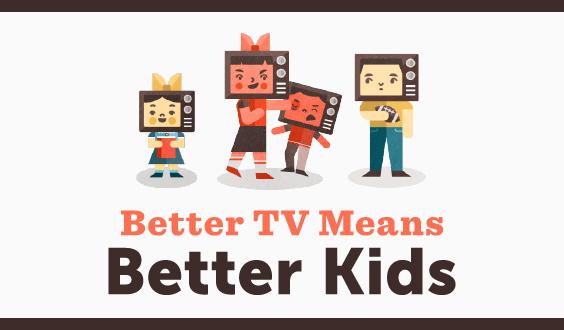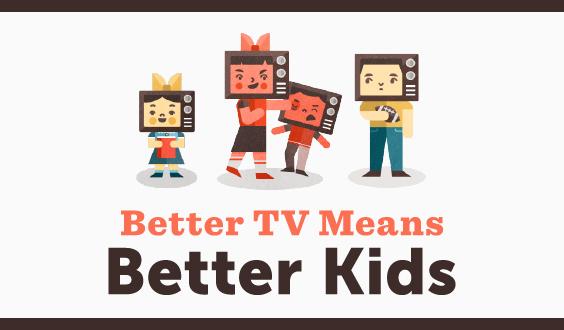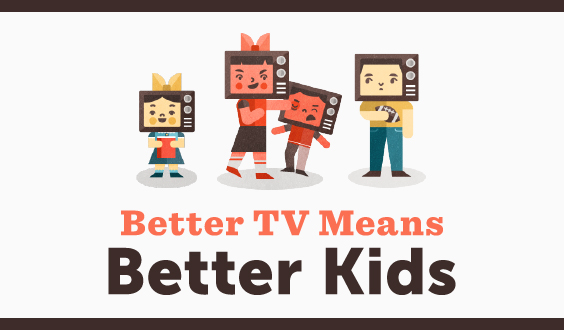The average child is exposed to 4 hours of background TV per day. Negative content can have a negative impact while educational themed shows can have a positive impact, according to EducationNews.org.
Better TV Means Better Kids, Says Education News
The average child is exposed to 4 hours of background TV per day. Negative content, for example, of unhealthy food or violence, can have a huge negative impact. But educational themed shows can have a positive impact, according to EducationNews.org. “Better habits aren’t just about turning the TV off—they’re about changing the channel,” states an info graphic created by EducationNews.org.

EducationNews.org
|Updated:






